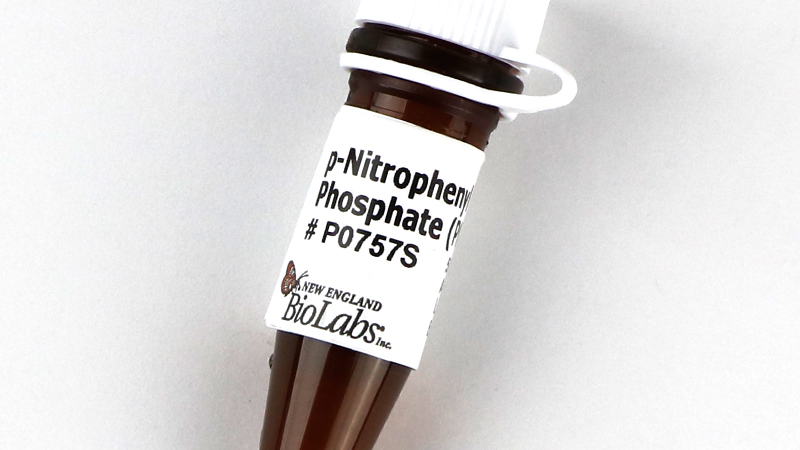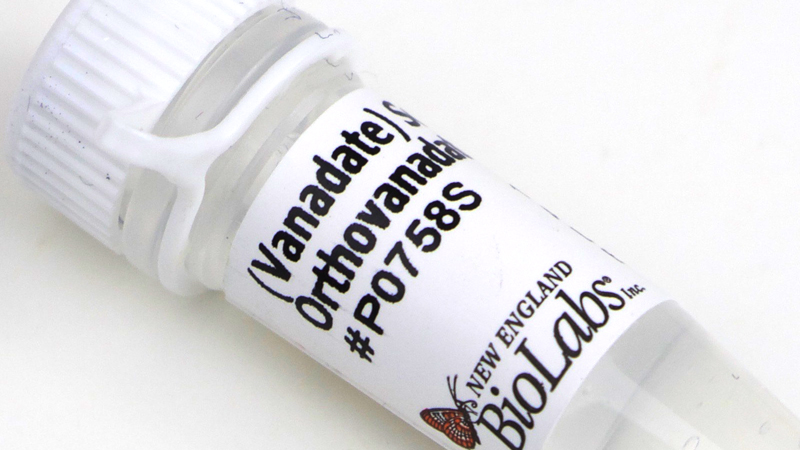Lambda Protein Phosphatase (Lambda PP)
Product information| Code | Name | Size | Quantity | Price | |
|---|---|---|---|---|---|
P0753S |
Lambda Phosphatase |
20.000 units ( 400000 units/ml ) | - | Unavailable in your region | |
P0753L |
Lambda Phosphatase |
100.000 units ( 400000 units/ml ) | - | Unavailable in your region |

